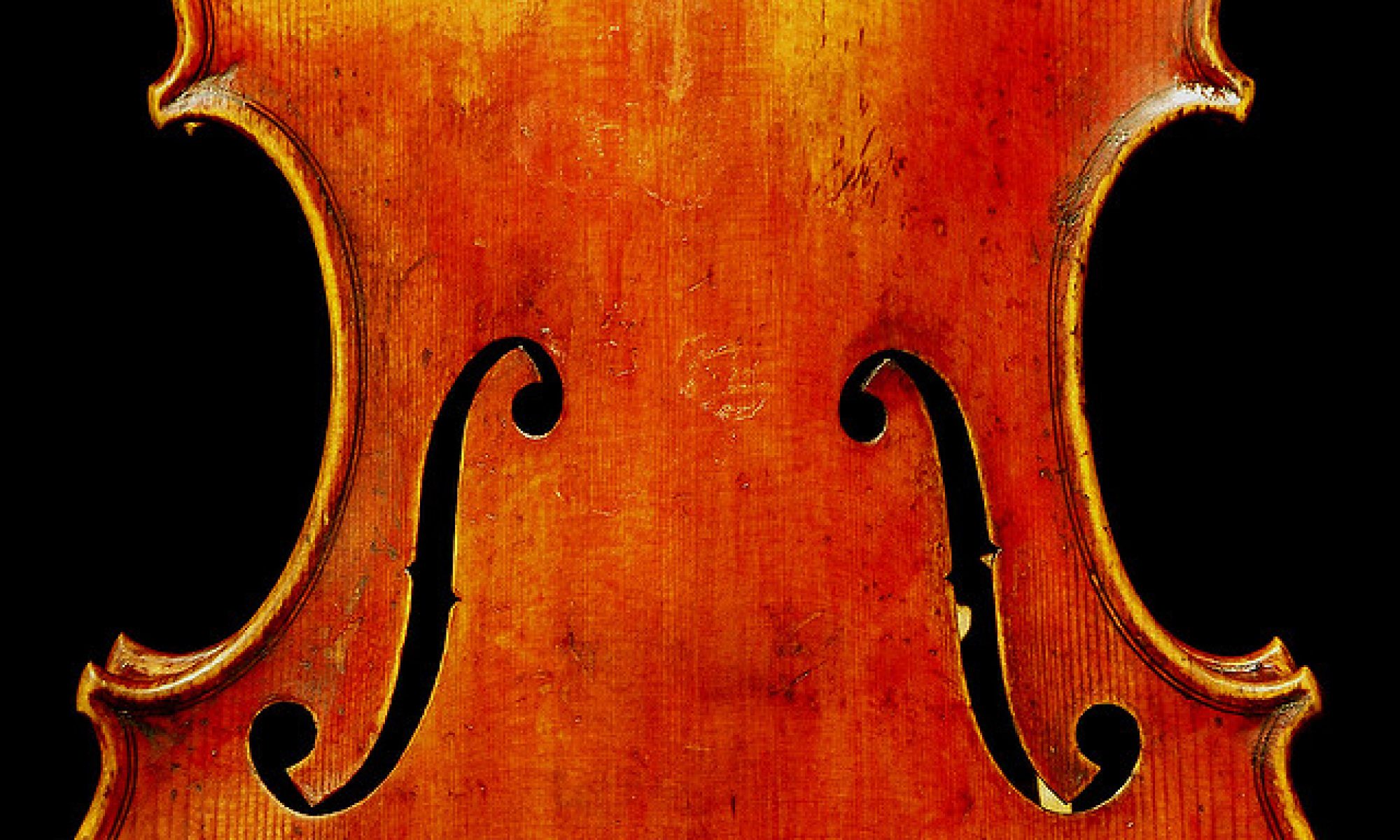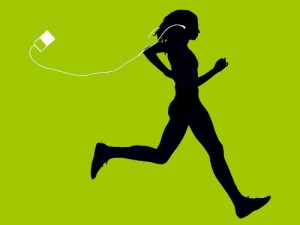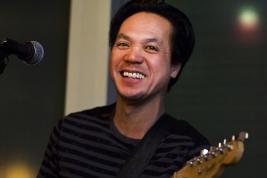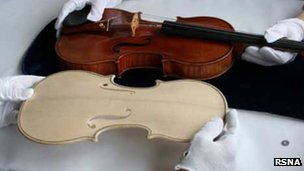My husband* and I have just begun training for a marathon that is set this fall. Since I’ve been running outdoors, and with Thomas, I haven’t had any kind of music with me at any time. When I’ve exercised indoors, I’ll have my headphones on, but I hardly ever listen to music. Music feels too intense for me to have with me while I’m running. I’m almost afraid that I’ll become too engrossed in the music that I won’t pay attention to my body, and that I’ll break my ankle and won’t even notice. (Doubtful.)
In many races, runners aren’t allowed to run with headphones. I imagine this has something to do with safety and runners’ awareness of their surroundings. Apparently, those athletes who do train with music in their headphones are looked down upon by elite runners. They’re not considered “purist.”
Well, maybe not. I am fully aware of the effects music has on me, and can remember how certain kinds of music would do a lot for my warm-up routines for the various sports I played when I was younger. So, I suppose those elite runners are right; music definitely adds something to a run.
I enjoyed an article from active.com quite a bit. I love learning about research on the effects of music, especially when it addresses a very different population of people. In this case, athletes.
Go ahead and read Can Music Make You a Better Runner? and let me know your thoughts.
*I’ve gotten to write “my husband” only a few times yet.
Thanks to The Husband for sending the article on to me!




